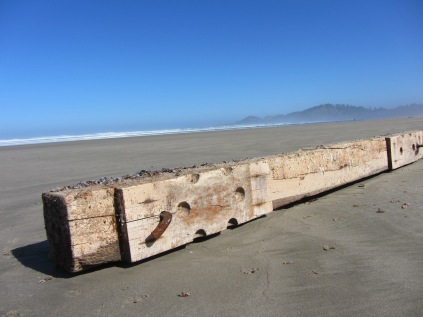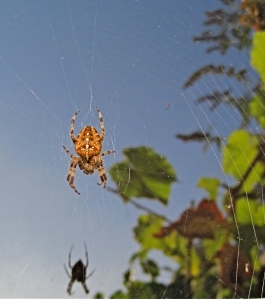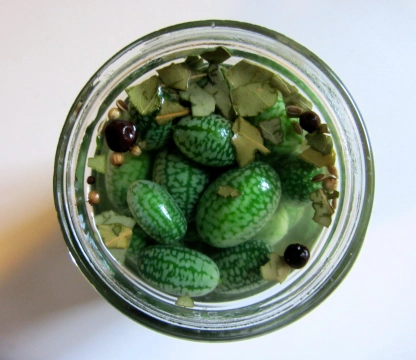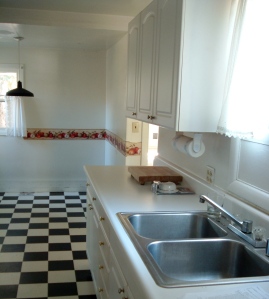 I’ve been tongue-tied, unpalatable, and without appetite lately, sorry. It’s hard to write didactic prose when your thoughts are stubbornly fixated on impermanence. I’ve been mucking through applications (always an existential crisis), writing, putting up the harvest, traveling for food assignments, organizing as little as possible, and attempting to plan less and live in the moment more. This is like telling a tomato not to ripen or a squirrel not to pack its cheeks with apples and bury nuts in the ground. But I’m fighting.
I’ve been tongue-tied, unpalatable, and without appetite lately, sorry. It’s hard to write didactic prose when your thoughts are stubbornly fixated on impermanence. I’ve been mucking through applications (always an existential crisis), writing, putting up the harvest, traveling for food assignments, organizing as little as possible, and attempting to plan less and live in the moment more. This is like telling a tomato not to ripen or a squirrel not to pack its cheeks with apples and bury nuts in the ground. But I’m fighting.
Part of me resists, insisting I’m not a Buddhist, and dammit, stop forcing meditation and all that American liberal Zen shit on me. And another part of me is all:
The waters of a flowing stream are ever present but never the same; the bubbles in a quiet pool disappear and form but never endure for long. So it is with men and their dwellings in the world.
I’m fermenting, watching bubbles appear and disappear, watching new life rise from decay. Part of me thinks it’s inexpressibly sublime. And another part of me is all:
When a man observes the conventions, he falls into economic difficulties; when he flouts them, people wonder if he is mad. He who depends on another belongs to another; he who takes care of another is chained by human affection.
And I’m cooking; I’m teaching someone to whom I’m chained by human affection to cook. I see love in his eyes. And I’m raking my leaves and riding my bike and occasionally I can bear company and new projects, and more importantly, it’s no longer complete hell to witness the decay of the ruins of the architecture of the life I built and bolstered and finished and painted and decorated and defended like a settler. Part of me thinks: time passes; new lives are built and they will need your paintbrush and shotgun. And another part of me is all:
Where can we live, what can we do, to find even the briefest of shelters, the most fleeting peace of mind?
And one answer is literature, of course. No house, no fragile body, nothing the process of life ingests and digests and turns to refuse, nothing that can be set afire or drowned in a flood or splintered to bits or mortgaged and repossessed and reinhabited. Ideas linger and have afterlives.
If there’s any one thing that make my Japanese degree worth the suffering (Highest Honors and Department Citation, U.C. Berkeley, B.A., pwnd, humblebrag, LOL, thankyouverymuch), it was medieval recluse Kamo no Chomei’s “Hojoki” or “An Account of My Hermitage.” The tale of the hermitage is a story of a man who left home to live in a tiny hut in the mountains after witnessing natural disasters and waves of destruction in the capital at Kyoto in the 13th century. I’ve taught it a couple times right around now, right before the students went home for Thanksgiving, many for the first time since entering college. I ask them to think about their idea of home, and what it will be like to see their old bedrooms, their old friends, and whether they think home is permanent or impermanent.
 A part of me thinks: it’s a bit unfair, I know, a bit manipulative. But then: this work has given me so much food for thought over the years and I read it first when I was in college, what, 19? 20?; seed it for when they really need it. And I think they do appreciate it, because for many it’s the first time they really connect with literature; they really get it that a medieval recluse can sing out from the hills of Hino and capture your breath in his ten-foot-square hut. So that’s worth it, right, for the price of a little innocence?
A part of me thinks: it’s a bit unfair, I know, a bit manipulative. But then: this work has given me so much food for thought over the years and I read it first when I was in college, what, 19? 20?; seed it for when they really need it. And I think they do appreciate it, because for many it’s the first time they really connect with literature; they really get it that a medieval recluse can sing out from the hills of Hino and capture your breath in his ten-foot-square hut. So that’s worth it, right, for the price of a little innocence?
And I’m thinking about this, as usual, when the sweet, cute, serious, dedicated Iranian girl in the front row in November 2012 raises her hand and shares with the class that she’s not able to go home because of the distance. But that’s ok, because she’s so grateful to be here at the university, but she’s under so much pressure to do the best she can for everyone at home, for her family and for all the girls who can’t get an education in Iran. And suddenly she’s crying and I’m crying and the class is crying…
Men do not usually build houses for their own benefit. Some build for wives, children, relatives, and servants, some for friends and acquaintances, some for masters, for teachers, and even for household goods, treasures, oxen, and horses. But I have built for myself this time, not for anyone else.
The responsibility — the weight — of others certainly doesn’t give more than a brief shelter, any fleeting piece of mind. But is it better to let go and build for oneself? Kamo no Chomei finally concludes no (sorry for the spoiler). One shouldn’t build at all, just marvel at the bubbles in the stream appearing and disappearing, breathing in, breathing out. It’s against cultivation, against stability, against bolstering and against defense. And then it’s amazing how little anything really matters. Completely. Utterly. Terrifying.
And surely out of place in the type of food blog that’s supposed to represent normative family values and the insidious re-domestication of women. And not at all a shelter for a planner, someone who invests in the future.
So I hold my impure tongue, fall silent.
—
Italicized quotes are from Helen Craig McCullough’s translation of Kamo no Chomei’s “Hojoki,” which she translates as “An Account of My Hermitage,” a slight failing in an otherwise wonderful translation, because it fails to convey the tiny size of the “10-Foot-Square Hut” we see in the original and in other translations. Still, it’s the only translation worth reading, in my opinion, for the beauty and elegance she conveys, and sometimes adds. It appears in her anthology of Classical Japanese Prose (Stanford, Stanford UP, 1990). You can also read an online translation here.
Separate Two Eggs is my new, very occasional, series about a lonely single woman eating sad meals alone. Or not. It’s really just a way to continue to queer food writing to add diversity to the Mommy-blogging and monogamous couple-oriented fare (not that there’s anything wrong with that).


Your thoughtful piece is much appreciated; past & present , food, home & the impermanence of all thing living & especially of poignant gratitude. Mary anne
Date: Sat, 16 Nov 2013 19:32:35 +0000 To: ma_jbbrown@hotmail.com
LikeLike
This essay really spoke to me today. Beautifully written, thank you!
LikeLike
Ugh.
but yes.
At least, so much of my current feelings and experiences are here.
And it seems so much more profound and serious in your words.
LikeLike
Yes. Thank you.
LikeLike
This was beautiful to read. Thank you.
LikeLike
A lot to think about. Thank you
LikeLike